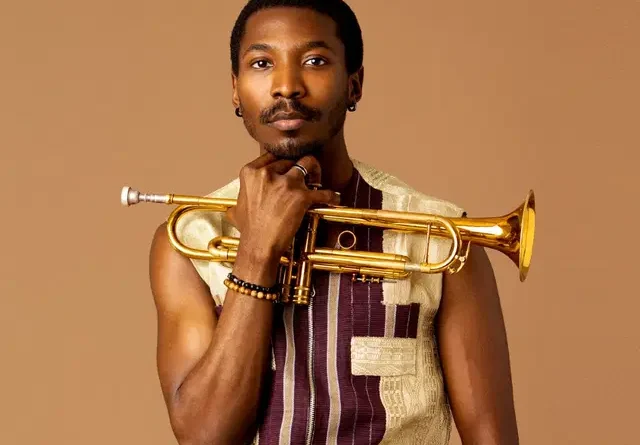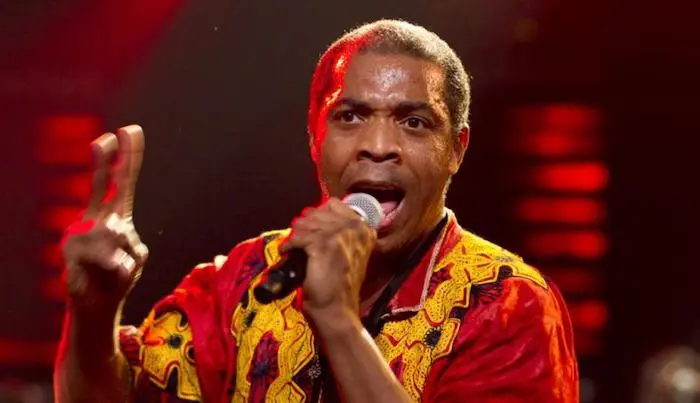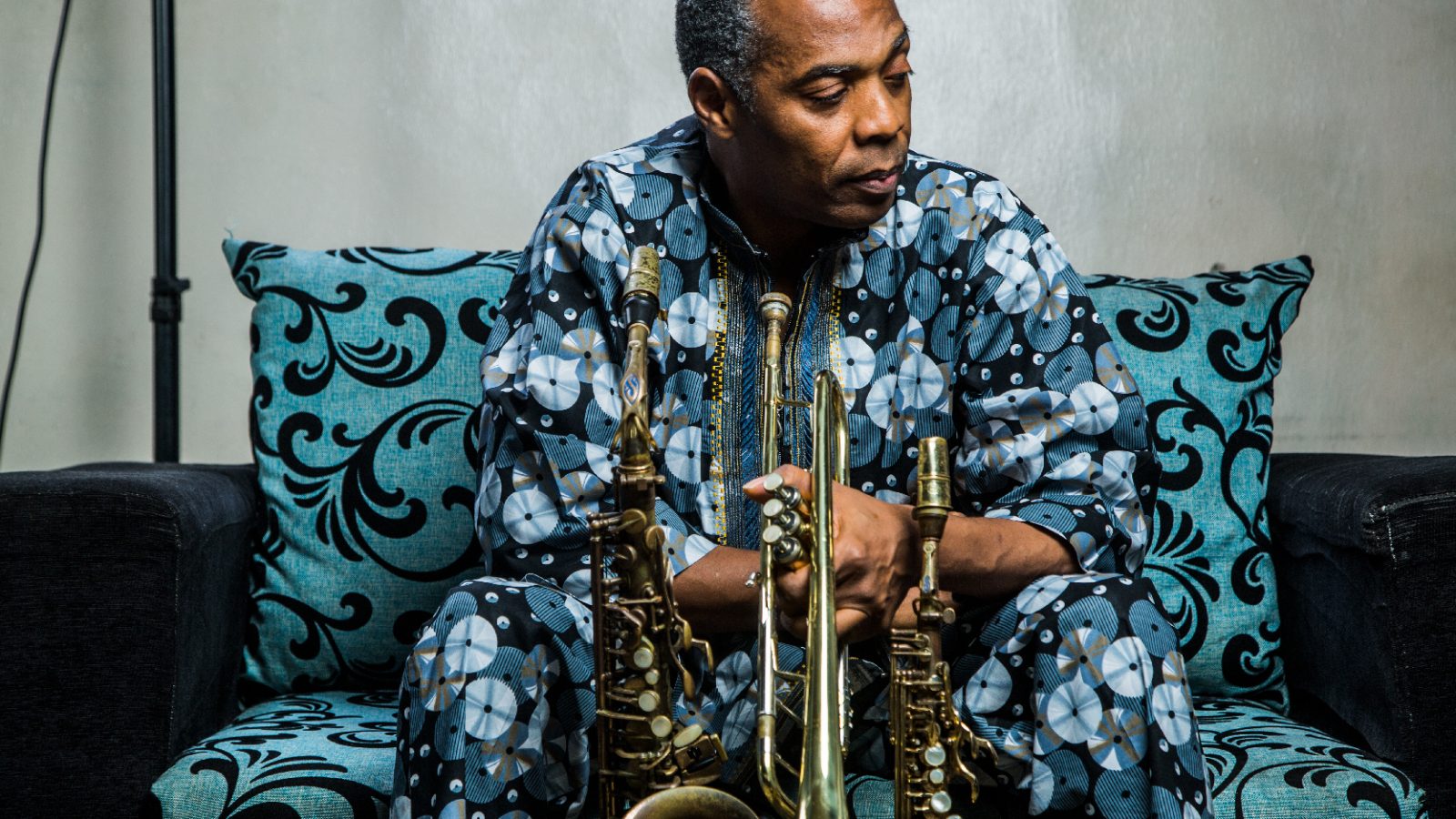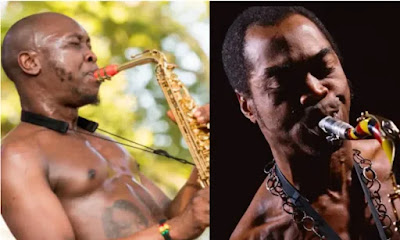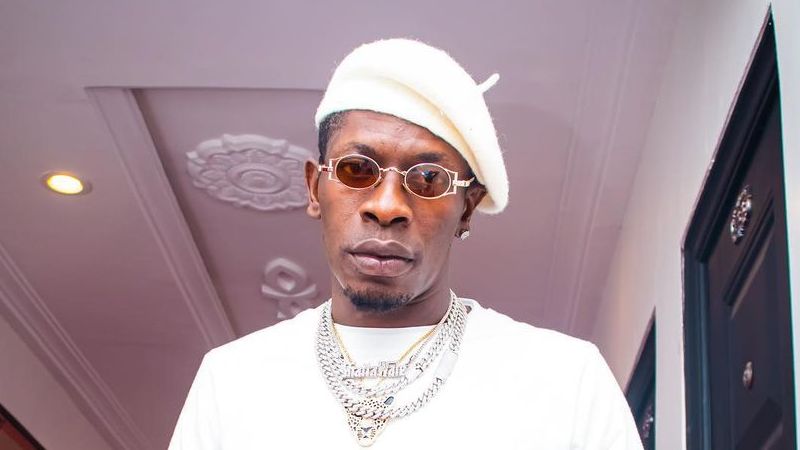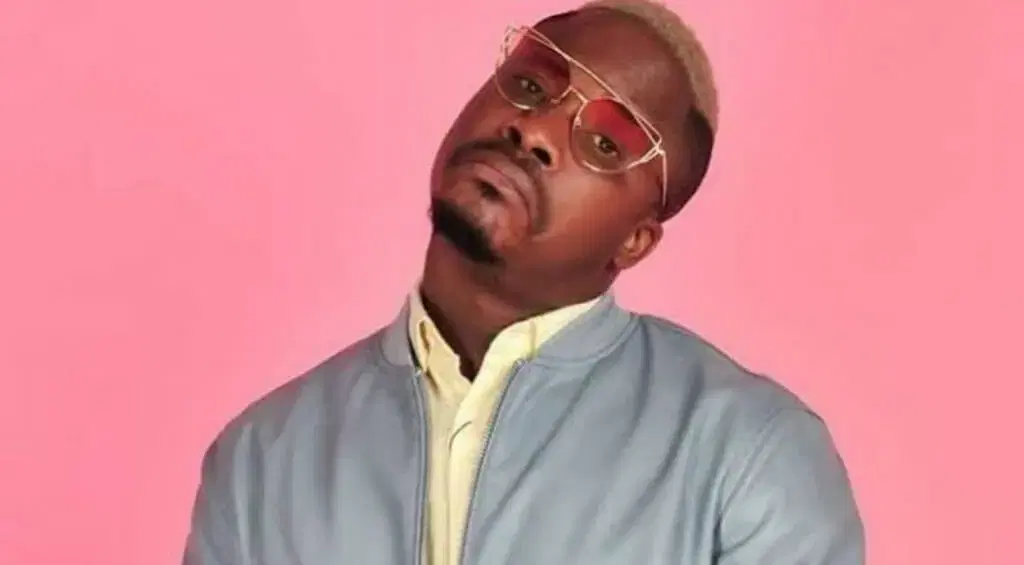Made Kuti Speaks Out: My Family Has Done Enough for Nigeria, I Won’t Sacrifice More for Activism
Grammy-nominated Afrobeat singer Made Kuti has openly stated that while he believes in justice and historical integrity, he has no intention of putting himself or his loved ones on the line to fight for better governance in Nigeria. Speaking candidly on a recent episode of the Breadown podcast, the grandson of legendary musician and activist Fela Kuti and son of Femi Kuti expressed deep frustration about the long-standing sacrifices his family has made for Nigeria—sacrifices he feels have not brought the desired change.
Made Kuti, who represents the third generation of the iconic Kuti family known for bold social and political advocacy, reflected on the price his family has paid in the struggle for justice and progress. He cited the tragic death of his great-grandmother, Funmilayo Ransome Kuti, a revered nationalist and women’s rights activist who was thrown from a building during a protest, as a heartbreaking example of the high cost of activism.
“They killed her for it,” he said solemnly, referring to Funmilayo’s untimely death following injuries sustained during a political protest.
He also mentioned the efforts of his grandfather Fela, his father Femi, and his uncle Seun Kuti, who have all been outspoken critics of poor governance in Nigeria. Despite their sacrifices—music, arrests, harassment, and global advocacy—Made believes their collective efforts have yielded little in terms of real transformation for the country.
“When you look at Nigeria and you see how many years Fela fought, my dad fought, uncle Seun is speaking out now… What’s the point of it if all these people couldn’t bring change?” he asked.
While Made Kuti does not entirely dismiss the idea of change, he believes it cannot be achieved by a single individual or even one family. Instead, he emphasized the importance of collective effort, suggesting that meaningful reform can only occur when a critical mass of people act together with purpose.
“It’s not so much in the power of the individual—it’s the power of the collective. I believe it’s when the right amount of people at the right time do the right thing that we can create a spark for change,” he explained.
Despite his disillusionment with the idea of personal sacrifice for Nigeria’s progress, Made stressed that he is still committed to doing his part—through his music, his actions, and the way he lives his life. However, he draws a line when it comes to risking the wellbeing of those he loves.
“I want to live my life knowing I do what I have to do,” he said. “But selflessness, I’m very careful with that. Giving and getting nothing in return—I’m of the opinion that we [the Kuti family] have done enough already.”
Made Kuti’s position highlights the emotional and psychological burden borne by families that have dedicated generations to activism. His comments reflect the internal conflict faced by many young Nigerians who feel the weight of history but question the value of self-sacrifice in a system that often resists change.
His decision not to follow the exact path of his forebears is not an abandonment of their ideals, but rather a shift in how he chooses to engage with the ongoing struggle for a better Nigeria. He made it clear that while he values justice and historical truth, he prioritizes the safety, well-being, and future of his family.
“I’m happy to be on the right side of history, but not at the cost of the wellbeing of my family and the people around me,” he concluded.
Made Kuti’s words resonate with a new generation navigating the difficult balance between hope and realism, between passion for change and the desire for personal peace. His message is a reminder that activism wears many faces—and sometimes, choosing not to fight is its own form of resistance.

